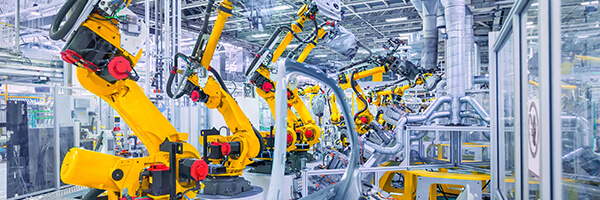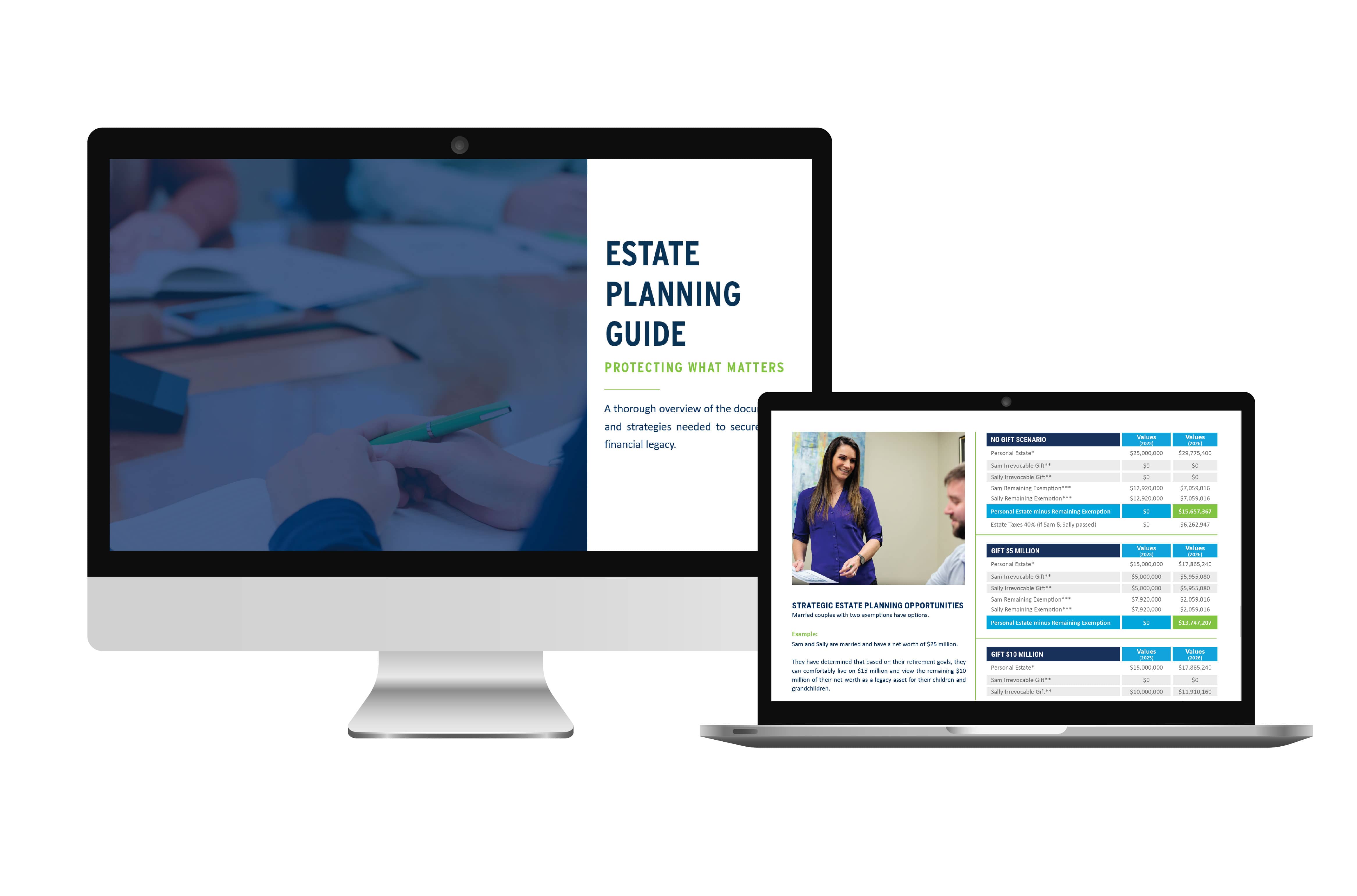Should Manufacturers Buy or Lease Large Equipment?

Leasing
Pros
- Lease payments are often 100 percent tax-deductible as an operational expense.
- With predictable payments, you can budget accordingly, possibly allowing for your funds to be stretched further.
- By leasing, you may expand your equipment options since up-front cost is not a factor.
- You might be willing to take a chance on a new piece of equipment that a lump sum payment might bar you from trying.
- Your exposure to additional costs can be eliminated because the leasing company generally handles repairs due to normal wear and tear.
- Though you may “pay more in the long run,” as the numbers often show, when you consider all of the variables involved (repairs if owned), this may not be true.
Cons
- You’ll have no equity and therefore no return on the investment once you are no longer in need of the equipment.
- The length of the lease may exceed your needs.
- By depending on the leasing company to handle repairs, disagreements may arise and you may wait longer than what’s comfortable for something that requires immediate attention.
- It may be that product selection or availability is more limited than what’s offered on the open market. Under these circumstances, you may find yourself settling for something less than ideal.
- Lease payments create a drag on earnings, which could negatively impact operating success metrics, eg. Earnings Before Interest Taxes and Depreciation (EBITDA).
Buying
Pros
- Many points are the flipside of leasing, such as maintenance being handled on your terms.
- Tax incentives under Section 179 of the IRS Tax Code are larger for purchasing but there are limits. However, if the equipment fails to qualify under the code, you would normally be able to apply a depreciation deduction.
- For equipment that has a longer life, similar to a car that you believe will run for more than 150,000 miles, why lease?
- Often times, you will be able to find a financing option that uses the purchased equipment as collateral which can permit a low interest rate.
Cons
- You may find yourself settling for a lower-cost option.
- If the equipment breaks, you won’t be able to return it, or possibly even sell it. Therefore, pay attention to the warranty to see what it covers and for what length of time.
- The purchase through a line of credit may eliminate funding options for other necessary expenses.

- Harmony, Analytical, Communication, Consistency, Empathy
Sam Addy
Sam Addy, Audit Shareholder, began his career in 1999. He has developed comprehensive expertise in assurance and consulting services and now serves as the nonprofit niche lead, demonstrating his commitment to serving mission-driven organizations.
Leveraging his experience across multiple industries, Sam focuses on privately held companies in the nonprofit, manufacturing, distribution, technology, and service sectors, as well as employee benefit plan and surprise custody audits. He values building long-term partnerships with clients, particularly appreciating the opportunity to help nonprofits succeed in their missions. Sam's approach centers on providing value beyond compliance, helping organizations see the broader picture of their operations.
At Lutz, Sam embodies the firm's "appreciate perspective" philosophy through his understanding of both for-profit and nonprofit sectors. His ability to see each organization's unique challenges while maintaining consistent quality enables him to help clients present their best story within accounting guidelines. This balanced approach has strengthened Lutz's reputation as a trusted partner to over 300 nonprofit organizations.
Sam lives in Omaha, NE, with his wife Megan, sons Charlie and George, and their dog Lenny. Outside the office, he can be found traveling, attending sporting events, and spending time with friends and family.
Recent News & Insights
In-House vs. Outsourced Controller: What makes sense for my business?
Estate Planning Guide
Understanding Farm Income Averaging
Job Counteroffers: What You Gain & What You Risk




%20(1).jpg?width=300&height=175&name=Mega%20Menu%20Image%20(2)%20(1).jpg)
%20(1)-Mar-08-2024-09-27-14-7268-PM.jpg?width=300&height=175&name=Untitled%20design%20(6)%20(1)-Mar-08-2024-09-27-14-7268-PM.jpg)

%20(1)-Mar-08-2024-09-11-30-0067-PM.jpg?width=300&height=175&name=Untitled%20design%20(3)%20(1)-Mar-08-2024-09-11-30-0067-PM.jpg)
%20(1).jpg?width=300&height=175&name=Mega%20Menu%20Image%20(3)%20(1).jpg)
%20(1).jpg?width=300&height=175&name=Mega%20Menu%20Image%20(4)%20(1).jpg)
%20(1).jpg?width=300&height=175&name=Mega%20Menu%20Image%20(5)%20(1).jpg)
-Mar-08-2024-08-50-35-9527-PM.png?width=300&height=175&name=Untitled%20design%20(1)-Mar-08-2024-08-50-35-9527-PM.png)


.jpg)




